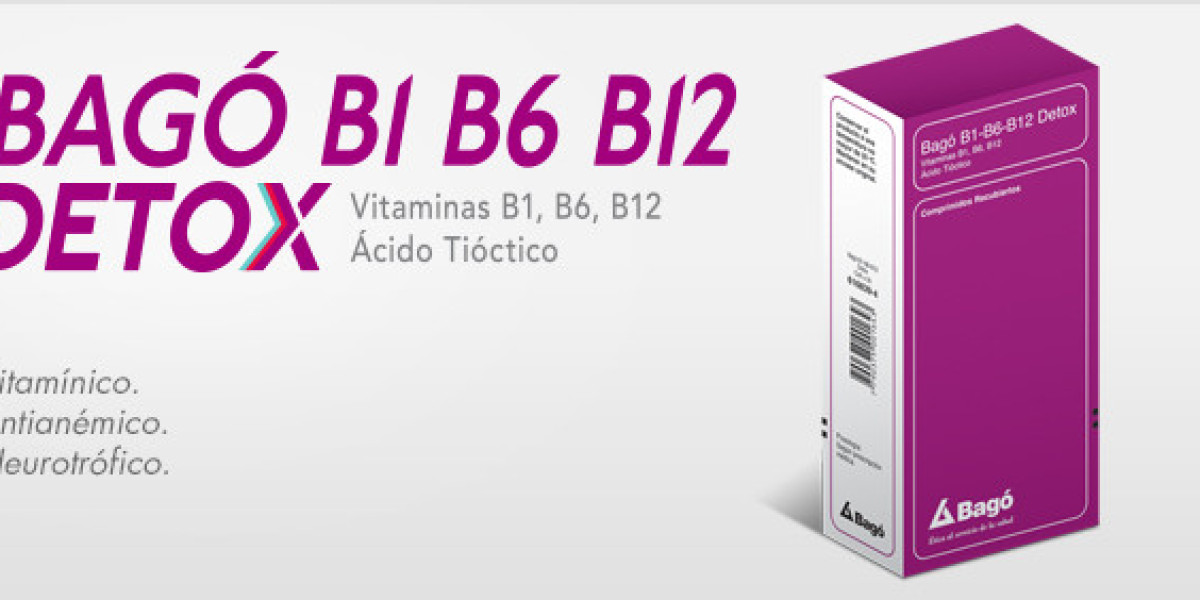In the ever-evolving world of cryptocurrency, securing your assets is paramount. A bitcoin cold wallet serves as a crucial tool for safeguarding your digital currency from potential threats. But what exactly is a cold wallet, and how does it differ from other storage methods? This guide will delve into the intricacies of bitcoin cold wallets, ensuring you have a comprehensive understanding of their significance.

What is a Bitcoin Cold Wallet?
A bitcoin cold wallet is a type of cryptocurrency wallet that is not connected to the internet. This disconnection from the web makes it significantly less vulnerable to hacking attempts and online theft. Cold wallets can take various forms, including hardware wallets, paper wallets, and even air-gapped computers. By storing your private keys offline, you can protect your assets from cyber threats.
Types of Bitcoin Cold Wallets
Understanding the different types of bitcoin cold wallets can help you choose the best option for your needs. Here are the most common types:
- Hardware Wallets: These are physical devices specifically designed to store cryptocurrencies securely. Popular models include Ledger Nano S and Trezor.
- Paper Wallets: A paper wallet is a physical printout of your public and private keys. While it is highly secure, it is essential to keep it safe from physical damage.
- Air-Gapped Computers: These are computers that have never been connected to the internet. They can be used to generate and store private keys securely.
Why Use a Bitcoin Cold Wallet?
Many cryptocurrency enthusiasts wonder, "Why should I use a bitcoin cold wallet?" The answer lies in the enhanced security it provides. Here are some compelling reasons:
- Protection from Hacking: Since cold wallets are offline, they are immune to online attacks.
- Long-Term Storage: If you plan to hold your bitcoin for an extended period, a cold wallet is ideal for long-term storage.
- Control Over Your Assets: With a cold wallet, you maintain complete control over your private keys, reducing reliance on third-party services.
How to Set Up a Bitcoin Cold Wallet
Setting up a bitcoin cold wallet may seem daunting, but it can be straightforward. Here’s a simple guide to get you started:
- Choose the type of cold wallet that suits your needs.
- Follow the manufacturer's instructions to set up your hardware wallet or generate your paper wallet.
- Transfer your bitcoin from an exchange to your cold wallet by entering your wallet address.
- Store your cold wallet in a secure location, ensuring it is protected from physical damage.
Conclusion
In conclusion, a bitcoin cold wallet is an essential component of cryptocurrency security. By understanding the different types of cold wallets and their benefits, you can make informed decisions to protect your digital assets. Whether you opt for a hardware wallet, a paper wallet, or an air-gapped computer, the key is to prioritize security and control over your investments. Remember, safeguarding your cryptocurrency is not just a choice; it is a necessity in today’s digital landscape.








